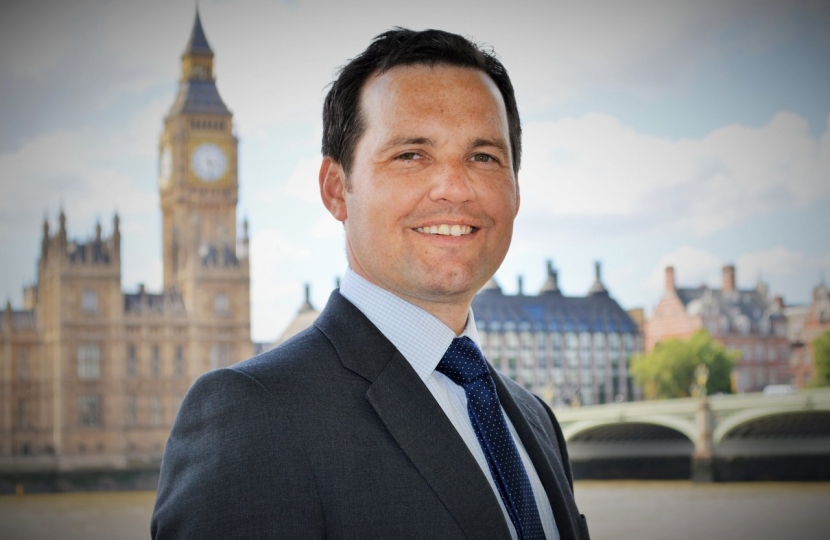
In recent days, we have commemorated a rather sad anniversary. We have now marked our first year of the cycle of lockdowns and restrictions on our daily lives due to the fears of what this newly emerged coronavirus may bring. The lockdowns have been more extreme and have lasted for far longer than expected but we may now be seeing the light at the end of the tunnel.
The Government’s plan to unwind this third lockdown is continuing according to the dates that the Prime Minister has set out and there have not yet been any mishaps along the way. The perfect example of this is the return to school.
After a year of seriously disrupted education, all schools are open and all children are back. Well, except for the many thousands who are being sent home because they have failed a Covid-19 test even though they have no symptoms.
Some people were adamant that the return to school would trigger a massive outbreak of this disease, teachers would be hospitalised en-masse and the schools would promptly be shut again. Instead, children have resumed their education, met friends they have missed and can now get on with their lives.
The rest of society needs to return to normal as soon as possible and the Government has set out a slow but certain set of dates for this to happen. This week, people will be able to meet in one another’s gardens and other outdoor activities will be permitted. Before long, some people will be celebrating the fact that the Government has allowed them to go for a pint in a pub legally.
To get to this point, there has been an extraordinary effort from the scientists studying the genetic structure of this coronavirus through to those scientists who formulated and tested the vaccine and on to the medical practitioners who are delivering the treatment on a scale never seen before.
SARS-CoV-2 is a more technical name for the Covid-19 virus but the original SARS-CoV was an outbreak in 2002-3 which is now normally just called SARS. Back then, it took months, from the initial outbreak, for the scientist to analyse its entire genome but that process can now take just one day. This is what helps enable the vaccines to be produced as well as to allow scientists to identify different strains of the virus. This is why we can precisely refer to the ‘Kent Strain’ or the ‘South African’ strain of the virus and track its movement as it spreads around the country and around the world. The UK is world leading in this technology and its use.
I am delighted to see Hollowood Chemists begin their local delivery of the vaccine for all those who choose to take it. One of the key aspects of the events over the last year is to appreciate that, when people are given the right information, they will listen and make sensible decisions.
It is so important to reflect on what a monumental exercise this programme has been and continues to be. At the beginning of the crisis, the UK did not have any vaccine manufacturing capacity but industry has stepped up and we are building up the UK industry.
Questions on topics ranging from steel manufacture, to computers systems and the arms industry are routinely focused on national security. We can now add personal protective equipment and vaccine manufacture to that lengthening list.
When I voted to leave the European Union in 2016, national security was one of the considerations that encouraged my support for independence. I had never thought that the EU may later try to blockade vaccines from getting to the UK just as they tried to stop them being exported to Australia.
Globalisation has many benefits but it presents almost as many problems. As a country, we are now in a better place to face any challenges so let us hope that we can return to normal and not have a second Covid anniversary.


